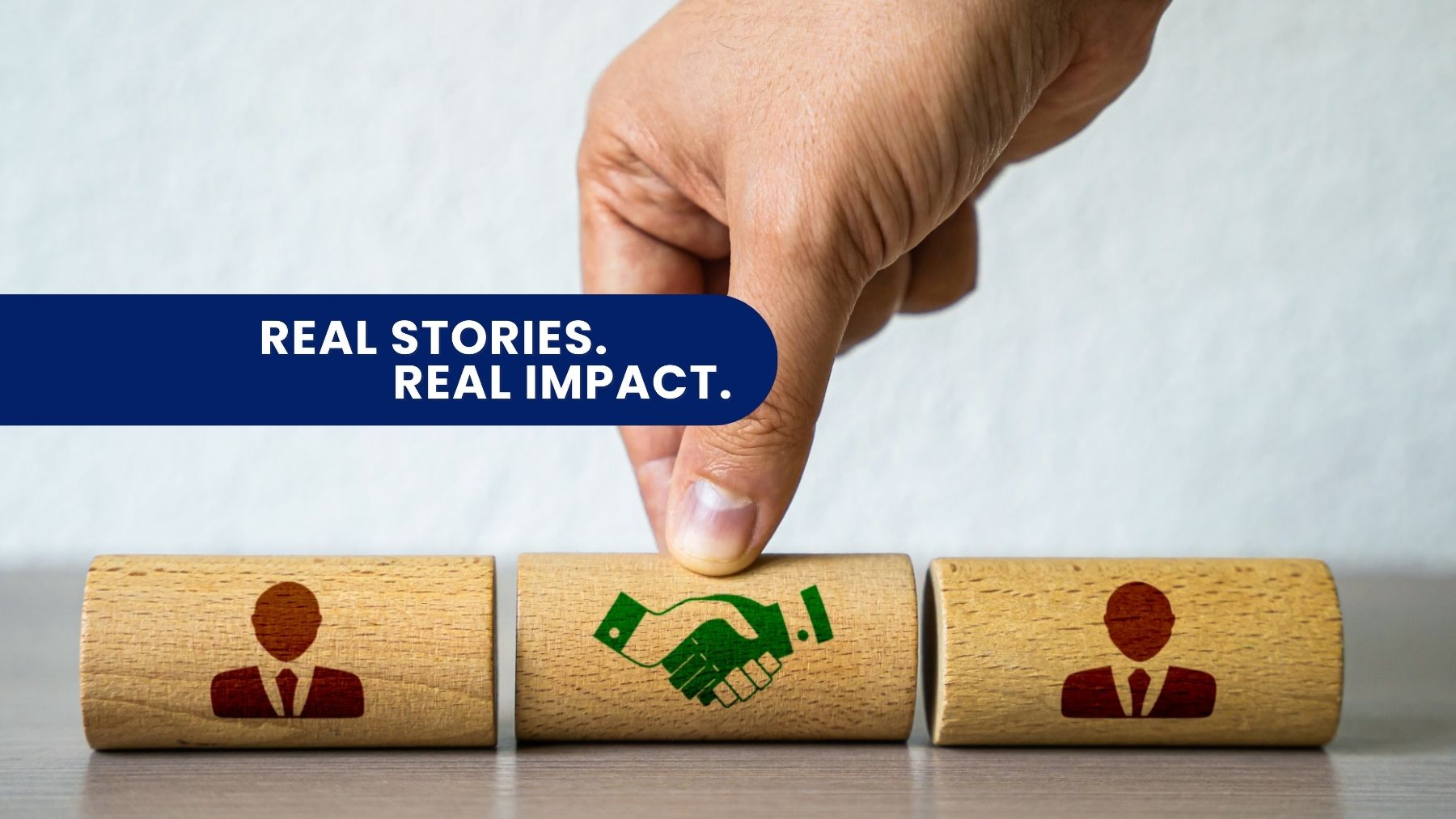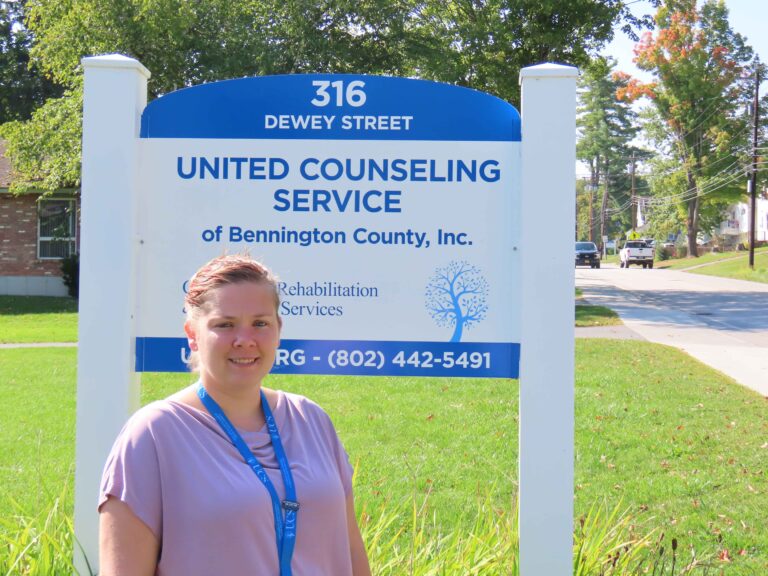
Leaders at UCS Bennington were alarmed by the high mortality rate the state of Vermont was seeing. Recognizing the need for more consistent access to resources, they introduced CHESS Health’s Connections app, a key component of its eRecovery Solution, in 2023 as a supplemental service. Despite facing staffing shortages and other challenges, UCS Bennington remained committed to providing clients with additional layers of support.
Taija LaFountain, SUD Case Manager at United Counseling Service in Bennington, VT, underscores the importance of continuous support between therapy visits and treatments. She understands that recovery success often hinges on the moments outside of traditional office hours—whether it’s a sleepless night or a lonely weekend when temptations and struggles can feel the most overwhelming.
“We’re here Monday through Friday,” Taija said. “We want them to also have another outside source that’s safe. Especially nights and weekends, so they know that they have that extra support.”
This commitment to offering around-the-clock assistance sets the stage for clients like “Joe”. When Joe is quiet for too long, Erika, a peer-engagement specialist for the Connections app, takes notice. While it’s not unusual for Joe to dip in and out of communication, longer stretches of silence raise concern. Erika’s role is to keep an eye on clients like Joe, ensuring that, even in their quietest moments, they’re never alone in their journey toward recovery.
Joe struggled with depression and isolation, expressing feelings of hopelessness and despair in the past. Many times, Erika has been the one to help pull him through. She knows his battles well, so when Joe goes dark, she sends him a direct message through the Connections app to ensure he’s OK. If he needs to talk, she’s ready to listen.
“It gets better for a bit, and it just cycles,” Erika explained, adding that this pattern is common with people in recovery. “We have quite a few that this happens with. They’re good for a period of time, and then they’ll have a few bad days.”
The Path to Recovery Isn’t Straightforward
Maintaining recovery is rarely straightforward, and no two recovery journeys are the same. But one thing is clear: If an individual in recovery can access support quickly in risky moments, there is a greater chance that they will avoid relapse or further harm. Erika got to know Joe through the messages he would send to her and other peer-engagement specialists when he was feeling extremely down. Someone was always there to respond, even late at night, even on the weekends—the many hours between appointments and treatments when isolation sets in and impairs the resolve to stay sober.
Peer support is critical as it fosters belonging and mutual encouragement, helping individuals feel understood, which can make all the difference in their recovery. Alongside Erika and the CHESS Health Peer Engagement Specialist team, individuals on their recovery journey actively participating in the Connections app community provide vital support during stressful times. The combination of peer interactions and community involvement is essential for ensuring that people feel heard and understood from multiple perspectives, further enhancing their journey toward healing.
The Connections app delivers vital support to patients while giving staff peace of mind that their clients are covered. Clients like Joe at UCS Bennington have quickly embraced the app, finding comfort in 24/7 access to support and someone to talk to. While it took time for everyone to grasp the app’s capabilities fully, its impact on client care and facility operations has been significant.
Turning a Skeptic into a Champion
When UCS introduced the app, Taija was unsure how her clients would respond, particularly given the potential barriers to connecting with individuals nationwide. She questioned whether her clients would want it on their phones and if they’d use it. However, after 18 months, she is excited by the overwhelmingly positive reception by clients and staff alike.

“We’re here Monday through Friday. We want them to also have another outside source that’s safe. Especially nights and weekends, so they know that they have that extra support.”
Taija LaFountain, SUD Case Manager at United Counseling Service in Bennington, VT
“At first, I didn’t know how it would help,” Taija said, but as clients began to use it, they shared how it was working for them. Some liked the community, others liked tracking their substance-free days or reflecting on the daily inspiration that greets you every day when you open the app. “I learned more about it, and hearing clients talk about it helped me clearly understand (its value).”
Having it right on their phone, it’s always with them. It helps a lot. They have extra support from people who have been in their shoes.
Taija LaFountain, SUD Case Manager at United Counseling Service in Bennington, VT
There are multiple benefits to having clients use a digital solution, but one that UCS clients noted was the ability to preserve their anonymity. Staying anonymous is difficult in smaller geographic areas. “They like it because it’s not just people around here, so they feel more comfortable opening up,” Taija said.
Today, Taija refers to Connections as “amazing.” With her clients able to access support through the app anytime, she can manage her 80-person caseload more effectively. It also provides peace of mind for her and the rest of the staff at UCS. It makes her feel good to know that her clients are getting what they need whenever and wherever they need it.
*CHESS Health is not using “Joe’s” real name or any identifying details to preserve his anonymity.
